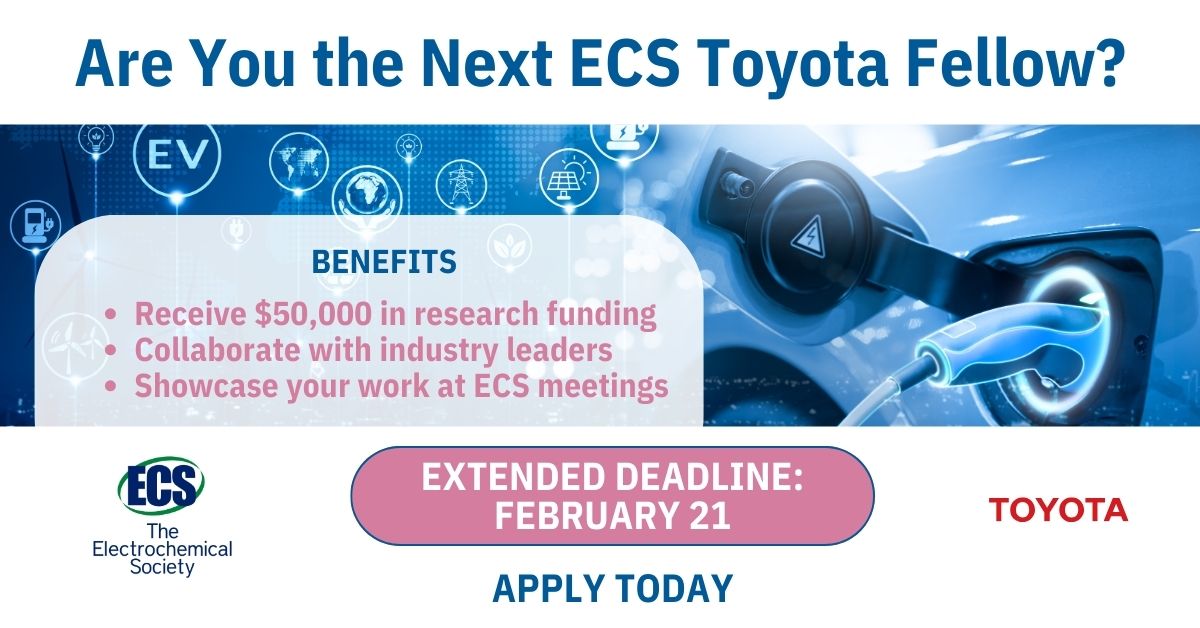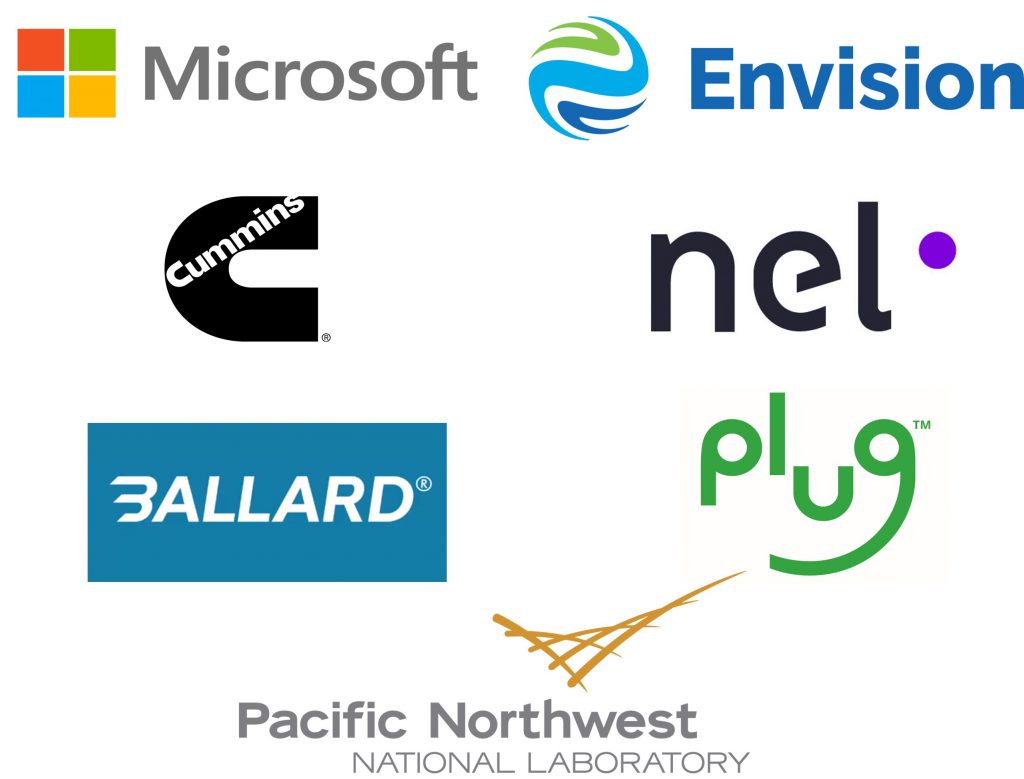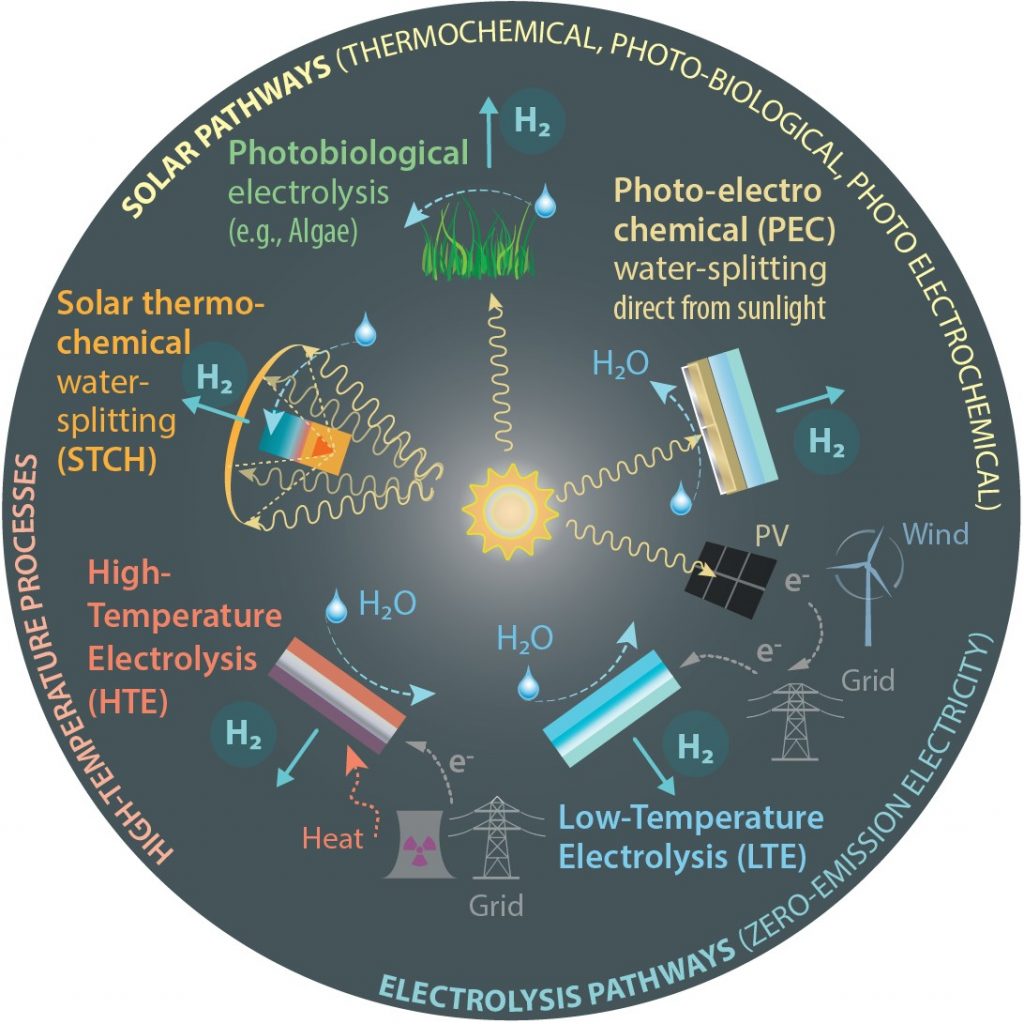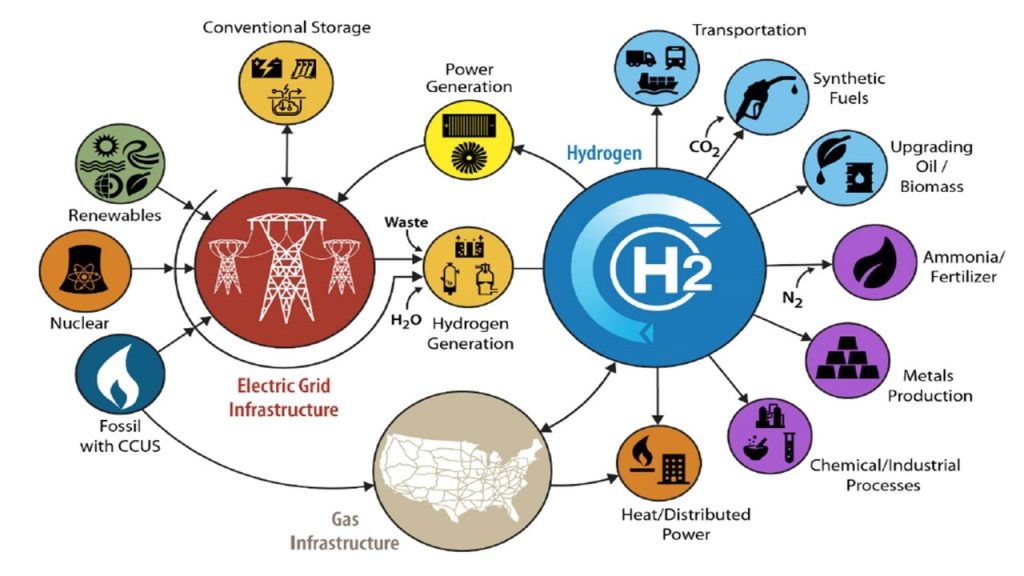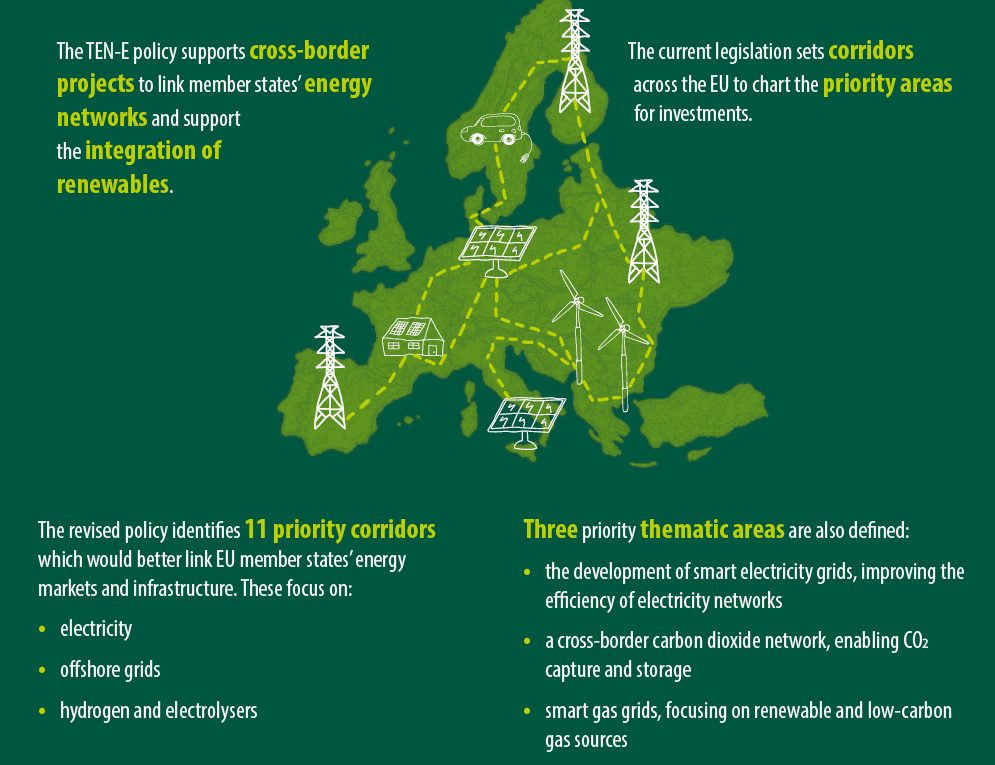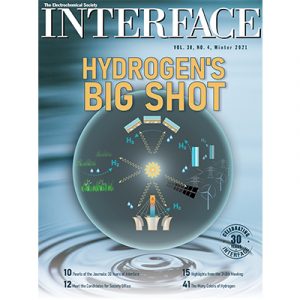Are you working on groundbreaking research in green energy technologies? There’s great news for innovators and researchers passionate about sustainable solutions—the deadline for the ECS Toyota Young Investigator Fellowship has been extended to February 21, 2025!
This prestigious fellowship, a partnership between Toyota Research Institute of North America and The Electrochemical Society (ECS), offers a minimum $50,000 fellowship to support innovative research in batteries, fuel cells, hydrogen, and other sustainable energy technologies. The opportunity is open to applications from individuals working in Europe, Canada, Mexico, and the US.


